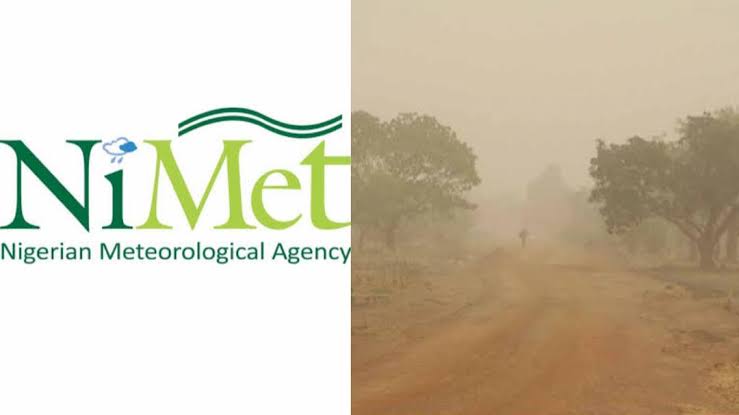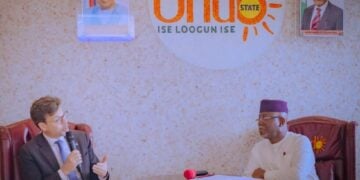The Nigerian Meteorological Agency (NiMet) is partnering with the Nigeria Governors’ Forum (NGF) to strengthen their collaboration in tackling climate change and other climatic challenges that will enhance Nigeria’s continued socio-economic development.
Speaking at a meeting held at the NGF’s Office in Abuja over the weekend, the Director-General and Chief Executive Officer of NiMet, Professor Charles Anosike said a formal relationship between the NGF and NiMet is in the best interest of the country as it stands to benefit the people.
According to him, “It’s no longer news that we are seeing increasingly weather events that are affecting our communities. Every year we count losses of the number of our people that have been killed, families and communities displaced, and the economic damages. These extreme weather events also trigger human trafficking, disease outbreaks, and other negative impacts”.
Continuing, Anosike said that NiMet and NGF believe strongly that something should be done to mitigate the impact of climate change.
He noted that the agency would sign a Memorandum of Understanding (MoU) to guide their relationship.
He said, “If we can proactively collaborate and coordinate our activities, we should be able to reduce the impact of climate change. This is why NiMet has come to the NGF. Our collaboration will ensure that weather and climate information get to the last mile – the Nigerian people”.
Anosike stressed that weather and climate information are critical to the sustainable economic development of the people.
He noted that, “Early warning systems are systematic activities that will ensure that weather and climate information get to the Nigerian people and to the vulnerable to ensure that they would be able to respond accordingly. Not reactively, but proactively.
“Early warning saves lives but for it to work effectively, synergistic leadership has to be demonstrated by all the relevant stakeholders.”
He also said that NiMet’s Seasonal Climate Prediction (SCP) is an early warning tool in support of the United Nations Early Warning for All (EW4ALL) initiative championed by the WMO.
“The forecast is a painstaking and rigorous scientific exercise that involves the utilisation of global and regional models and other atmospheric drivers with strong teleconnection with our region to arrive at the outlook”, he concluded.
For his part, the Director General of the NGF, Alhaji Abdulateef Shittu, emphasised that climate change is impacting economic well-being nationally and globally.
“Climate change is all about mitigation and adaptation. We have discussed a lot about that and what needs to be done. We have to face the reality of climate change and see how we can mitigate it, especially about preventing food shortages and ensuring food security. These are critical,” he said.





